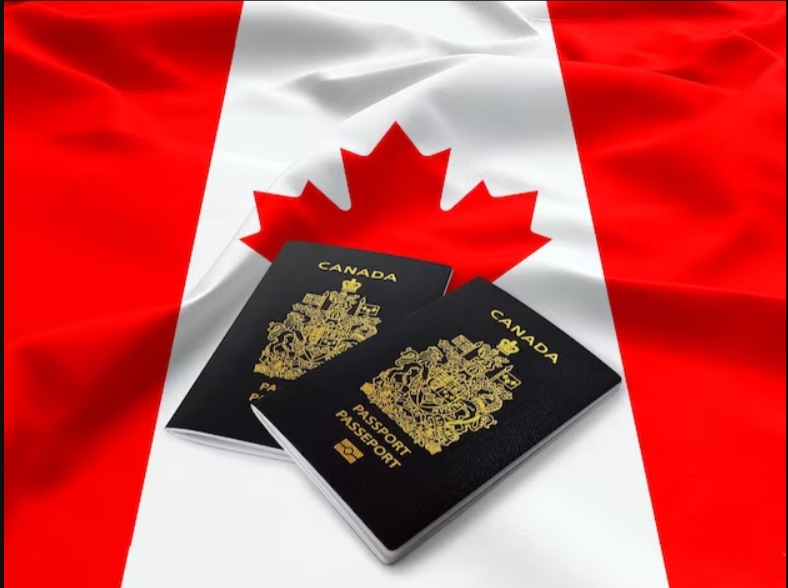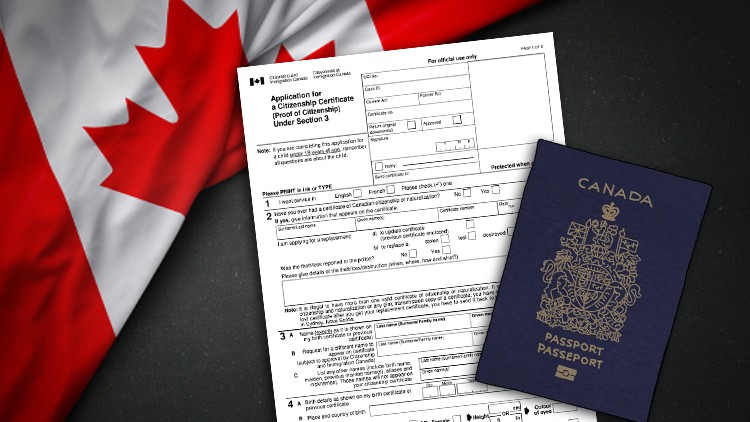CANADIAN CITIZENSHIP
The concept of Canadian Citizenship was initially established in 1947 through the Canadian Citizenship Act. Over the years, significant amendments to this act have been enacted by successive Canadian Governments. Presently, the law ensures that both individuals born in Canada and those who have been naturalized enjoy equal rights and responsibilities as citizens. According to the Act, individuals born in Canada, with few exceptions (such as children of diplomats), are automatically Canadian citizens at birth. Conversely, children born outside Canada to a Canadian parent must apply for a Canadian Citizenship Certificate to substantiate their Canadian citizenship.

Canadian citizens are granted the privilege of holding a Canadian passport, participating in Canadian elections, or even running their own political campaigns. They possess an unconditional right to reside in Canada and the freedom to enter and leave the country, with visa-free travel to over 170 countries. Additionally, Canada is among the nations that recognize dual citizenship, allowing individuals to retain their previous passport.
Acquiring Canadian Permanent Residency serves as the initial step towards attaining citizenship in Canada. Since 2010, Canada has consistently welcomed over 260,000 permanent residents annually. Notably, Canada boasts the highest rate of naturalization globally, with 85% of eligible permanent residents eventually becoming citizens.


Immigration, Refugees and Citizenship Canada (IRCC) oversees Canadian citizenship matters, handling applications and addressing the needs of existing citizens. When considering applying for Canadian citizenship, it’s essential to meet specific IRCC requirements. These prerequisites encompass a minimum of three years of permanent residency, along with language and residence criteria. Failure to provide acceptable proof of meeting residence requirements or demonstrating sufficient proficiency in English or French may result in IRCC returning your application as incomplete. Given the prolonged processing times for applications, it is crucial to minimize errors to prevent additional delays or, in certain instances, application refusals.
After you submit the citizenship application, the final step will be taking Canadian citizenship test. Once you pass the test, and you are approved as a Canadian citizen, you will receive an invitation to a citizenship ceremony.Top of Form
Top of Form
